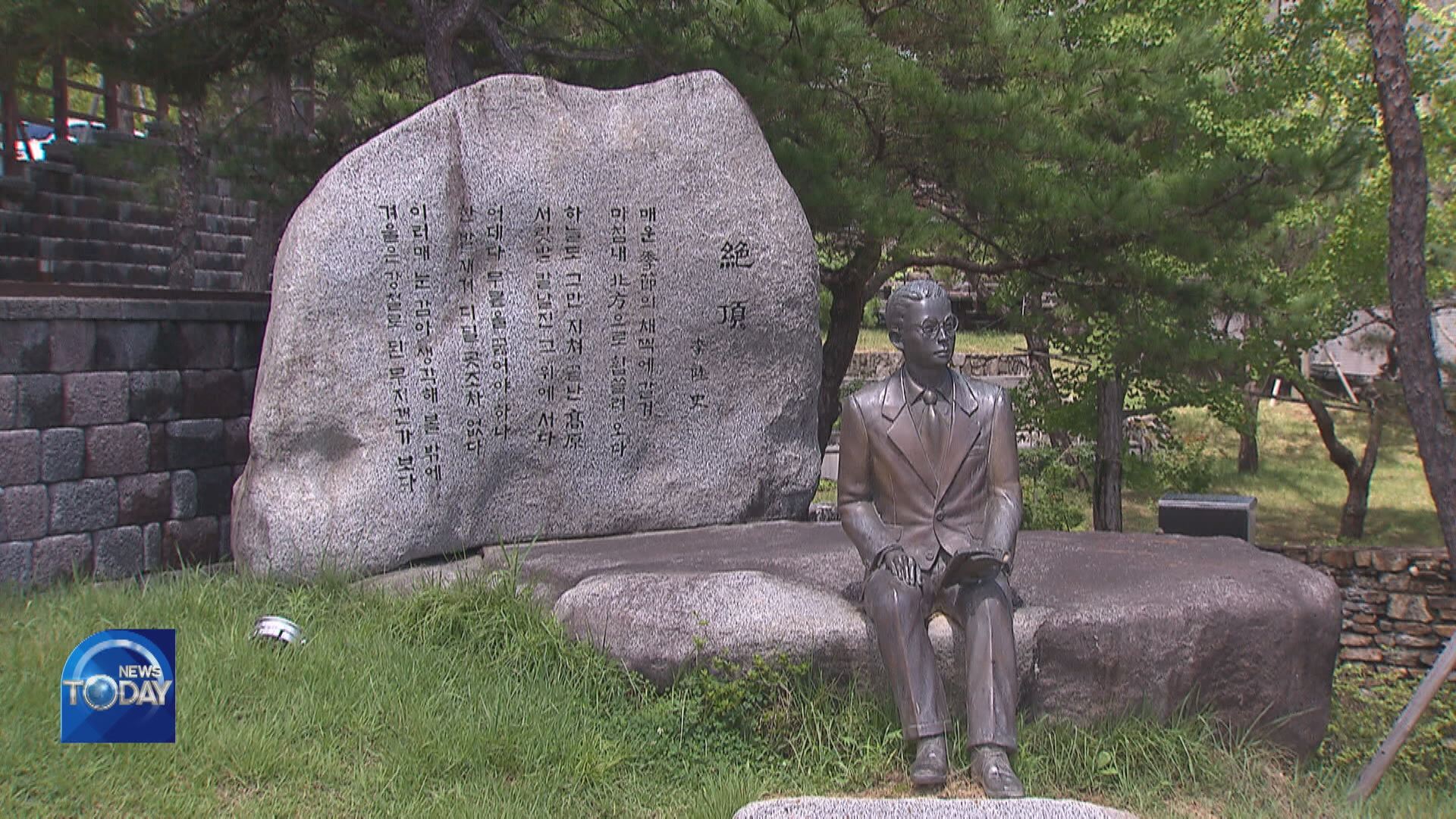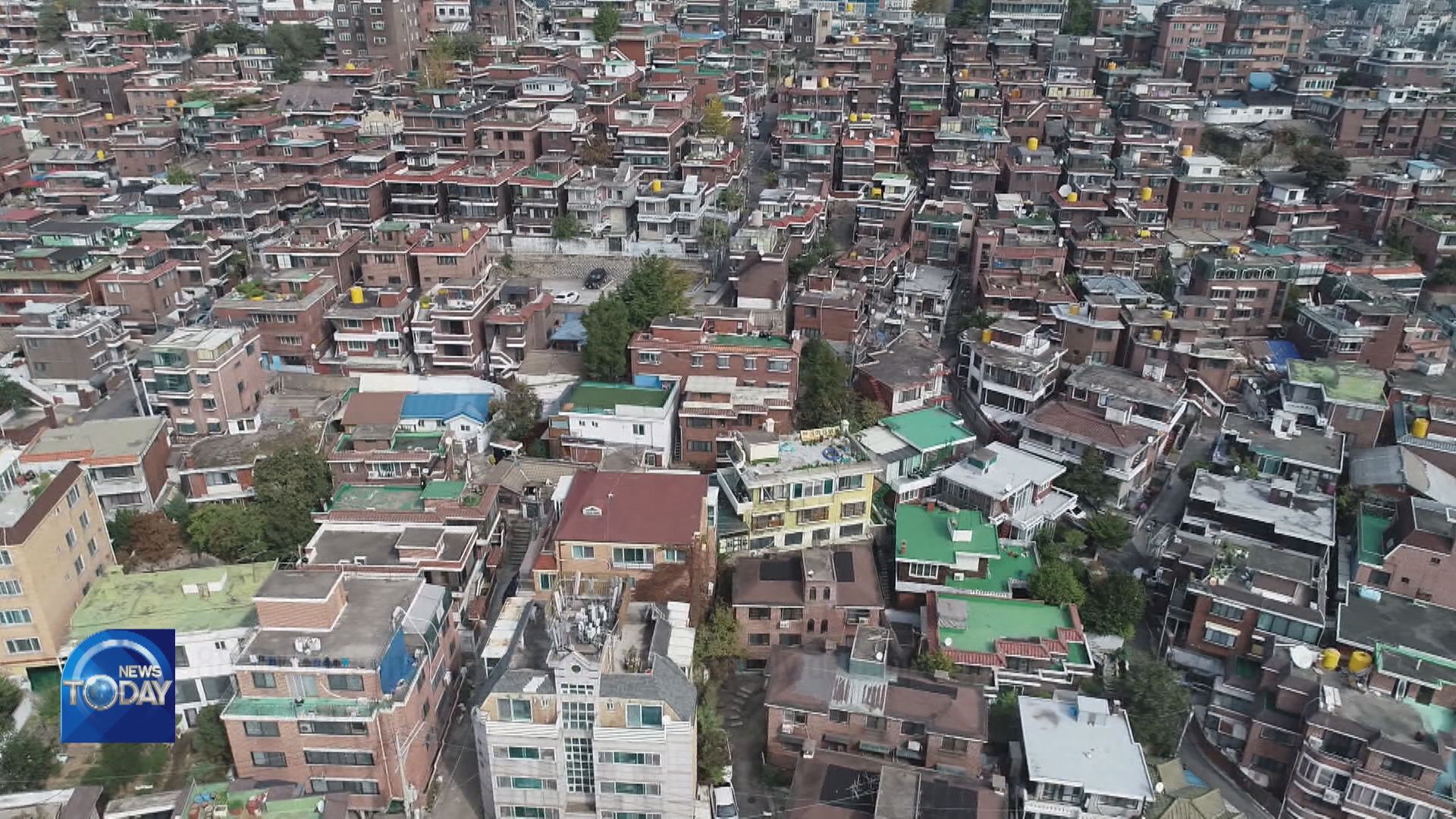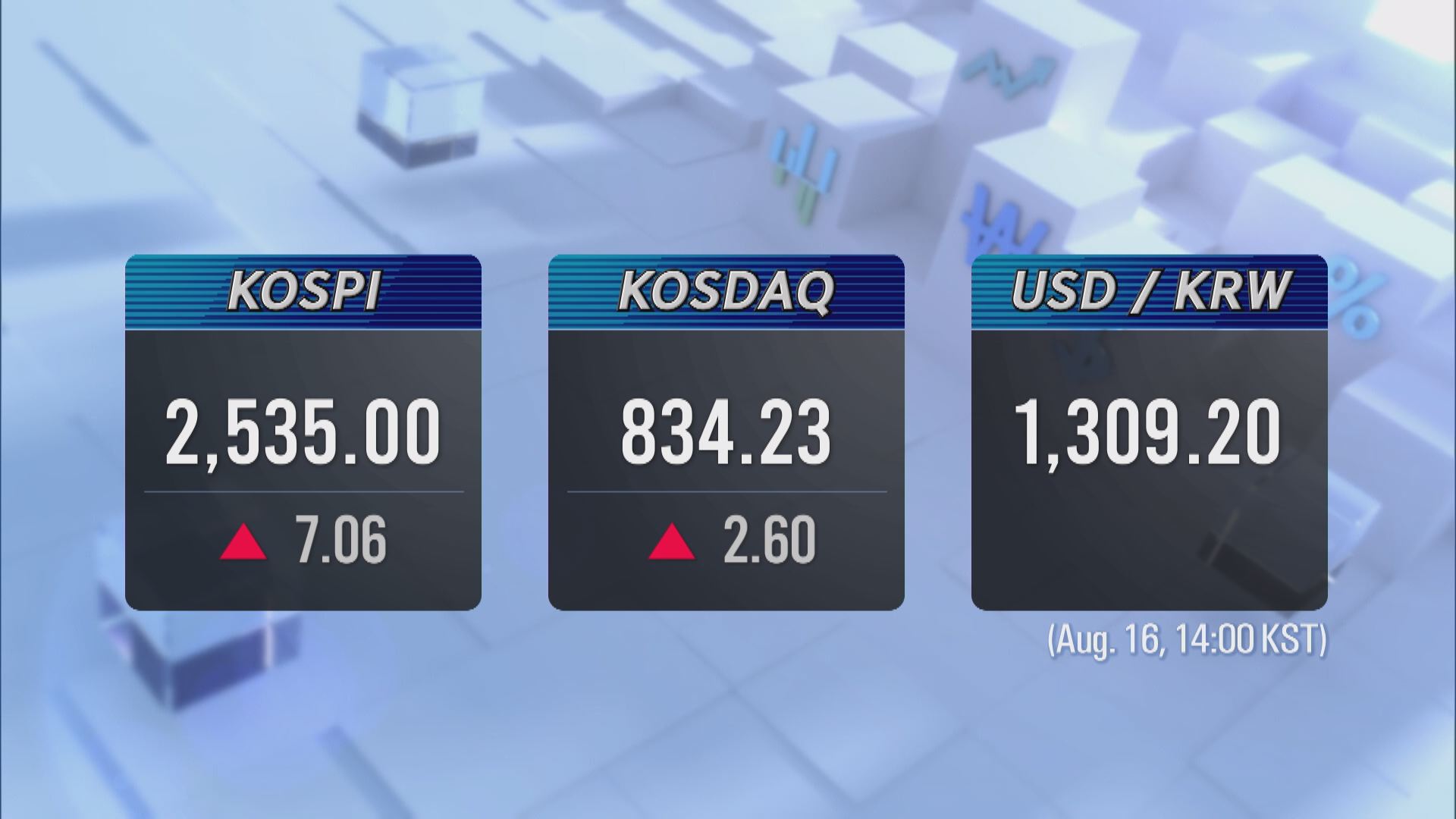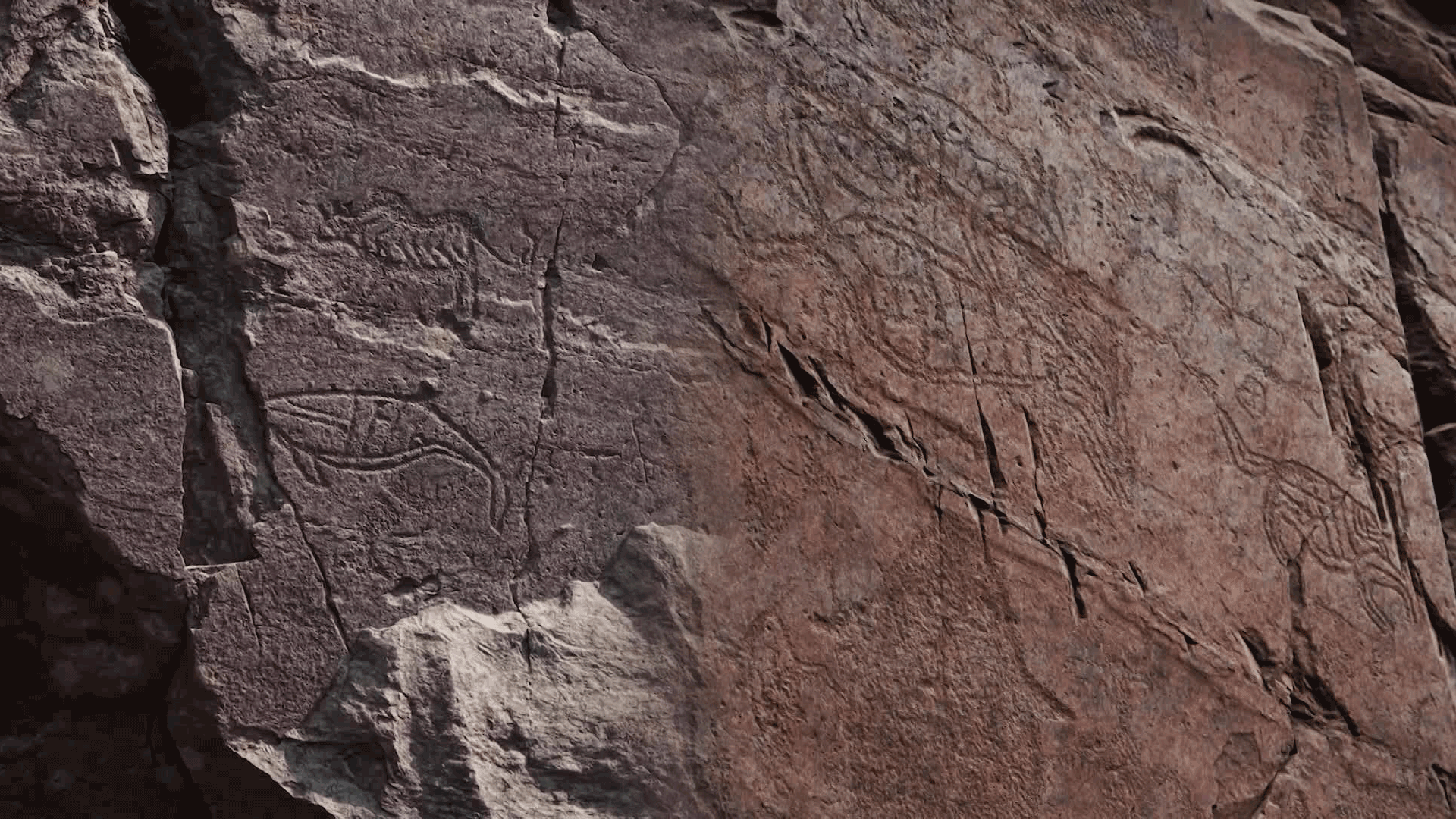YI YUK-SA’S LETTER & POSTCARD
입력 2022.08.16 (15:08)
수정 2022.08.16 (16:45)
읽어주기 기능은 크롬기반의
브라우저에서만 사용하실 수 있습니다.
[Anchor Lead]
Poet and independent activist Yi Yuk-sa embodied the spirit of anti-Japanese resistance through his works like "Green Grapes" and "The Wide Plain." On the 77th National Liberation Day, the Cultural Heritage Administration issued an advance notice of designating letters and postcards handwritten by the poet as state cultural assets.
[Pkg]
A letter written in Chinese characters. This is a letter poet Yi Yuk-sa sent to his relative Yi Sang-ha in 1930, while working as a journalist in Daegu. In the letter, Yi Yuk-sa complained that he could not earn enough money, despite his hard work. It offers a glimpse into the financial hardships Yi was facing as an independent activist. A postcard with a clear image of the Buddhist pagoda Dabotap printed on it. It is a postcard Yi sent to colleague, poet Shin Seok-cho, while recuperating in Pohang from torture injuries. Yi expressed his affection toward Shin, saying that even the small ripples in the East Sea could not wash away their footsteps.
[Soundbite] Yi Ok-bi(Daughter of Yi Yuk-sa) : "He was more frank with his friend. He sounds like somewhat feminine in the post card, expressing his affection indirectly. He didn't directly say that he missed the friend."
Yi Yuk-sa's handwritten letters and post cards will likely be designated as national cultural assets. After discussions with the Gyeongsangbuk-do provincial government, the Cultural Heritage Administration issued an advance notice of the designation.
[Soundbite] Sohn Byung-hee(Director, Yi Yuk-sa Literary Museum) : "These materials show Yi Yuk-sa's inner side well. I expect they will be managed and used better with the designation."
The Yi Yuk-sa Literary Museum will hold a special exhibition of the poet's handwritten works in Andong, Daegu and Seoul from August 17th to October. During the harsh colonial era, Yi Yuk-sa fought against Japan through literature. His unwavering spirit still shines with us today.
Poet and independent activist Yi Yuk-sa embodied the spirit of anti-Japanese resistance through his works like "Green Grapes" and "The Wide Plain." On the 77th National Liberation Day, the Cultural Heritage Administration issued an advance notice of designating letters and postcards handwritten by the poet as state cultural assets.
[Pkg]
A letter written in Chinese characters. This is a letter poet Yi Yuk-sa sent to his relative Yi Sang-ha in 1930, while working as a journalist in Daegu. In the letter, Yi Yuk-sa complained that he could not earn enough money, despite his hard work. It offers a glimpse into the financial hardships Yi was facing as an independent activist. A postcard with a clear image of the Buddhist pagoda Dabotap printed on it. It is a postcard Yi sent to colleague, poet Shin Seok-cho, while recuperating in Pohang from torture injuries. Yi expressed his affection toward Shin, saying that even the small ripples in the East Sea could not wash away their footsteps.
[Soundbite] Yi Ok-bi(Daughter of Yi Yuk-sa) : "He was more frank with his friend. He sounds like somewhat feminine in the post card, expressing his affection indirectly. He didn't directly say that he missed the friend."
Yi Yuk-sa's handwritten letters and post cards will likely be designated as national cultural assets. After discussions with the Gyeongsangbuk-do provincial government, the Cultural Heritage Administration issued an advance notice of the designation.
[Soundbite] Sohn Byung-hee(Director, Yi Yuk-sa Literary Museum) : "These materials show Yi Yuk-sa's inner side well. I expect they will be managed and used better with the designation."
The Yi Yuk-sa Literary Museum will hold a special exhibition of the poet's handwritten works in Andong, Daegu and Seoul from August 17th to October. During the harsh colonial era, Yi Yuk-sa fought against Japan through literature. His unwavering spirit still shines with us today.
■ 제보하기
▷ 카카오톡 : 'KBS제보' 검색, 채널 추가
▷ 전화 : 02-781-1234, 4444
▷ 이메일 : kbs1234@kbs.co.kr
▷ 유튜브, 네이버, 카카오에서도 KBS뉴스를 구독해주세요!
- YI YUK-SA’S LETTER & POSTCARD
-
- 입력 2022-08-16 15:08:27
- 수정2022-08-16 16:45:11

[Anchor Lead]
Poet and independent activist Yi Yuk-sa embodied the spirit of anti-Japanese resistance through his works like "Green Grapes" and "The Wide Plain." On the 77th National Liberation Day, the Cultural Heritage Administration issued an advance notice of designating letters and postcards handwritten by the poet as state cultural assets.
[Pkg]
A letter written in Chinese characters. This is a letter poet Yi Yuk-sa sent to his relative Yi Sang-ha in 1930, while working as a journalist in Daegu. In the letter, Yi Yuk-sa complained that he could not earn enough money, despite his hard work. It offers a glimpse into the financial hardships Yi was facing as an independent activist. A postcard with a clear image of the Buddhist pagoda Dabotap printed on it. It is a postcard Yi sent to colleague, poet Shin Seok-cho, while recuperating in Pohang from torture injuries. Yi expressed his affection toward Shin, saying that even the small ripples in the East Sea could not wash away their footsteps.
[Soundbite] Yi Ok-bi(Daughter of Yi Yuk-sa) : "He was more frank with his friend. He sounds like somewhat feminine in the post card, expressing his affection indirectly. He didn't directly say that he missed the friend."
Yi Yuk-sa's handwritten letters and post cards will likely be designated as national cultural assets. After discussions with the Gyeongsangbuk-do provincial government, the Cultural Heritage Administration issued an advance notice of the designation.
[Soundbite] Sohn Byung-hee(Director, Yi Yuk-sa Literary Museum) : "These materials show Yi Yuk-sa's inner side well. I expect they will be managed and used better with the designation."
The Yi Yuk-sa Literary Museum will hold a special exhibition of the poet's handwritten works in Andong, Daegu and Seoul from August 17th to October. During the harsh colonial era, Yi Yuk-sa fought against Japan through literature. His unwavering spirit still shines with us today.
Poet and independent activist Yi Yuk-sa embodied the spirit of anti-Japanese resistance through his works like "Green Grapes" and "The Wide Plain." On the 77th National Liberation Day, the Cultural Heritage Administration issued an advance notice of designating letters and postcards handwritten by the poet as state cultural assets.
[Pkg]
A letter written in Chinese characters. This is a letter poet Yi Yuk-sa sent to his relative Yi Sang-ha in 1930, while working as a journalist in Daegu. In the letter, Yi Yuk-sa complained that he could not earn enough money, despite his hard work. It offers a glimpse into the financial hardships Yi was facing as an independent activist. A postcard with a clear image of the Buddhist pagoda Dabotap printed on it. It is a postcard Yi sent to colleague, poet Shin Seok-cho, while recuperating in Pohang from torture injuries. Yi expressed his affection toward Shin, saying that even the small ripples in the East Sea could not wash away their footsteps.
[Soundbite] Yi Ok-bi(Daughter of Yi Yuk-sa) : "He was more frank with his friend. He sounds like somewhat feminine in the post card, expressing his affection indirectly. He didn't directly say that he missed the friend."
Yi Yuk-sa's handwritten letters and post cards will likely be designated as national cultural assets. After discussions with the Gyeongsangbuk-do provincial government, the Cultural Heritage Administration issued an advance notice of the designation.
[Soundbite] Sohn Byung-hee(Director, Yi Yuk-sa Literary Museum) : "These materials show Yi Yuk-sa's inner side well. I expect they will be managed and used better with the designation."
The Yi Yuk-sa Literary Museum will hold a special exhibition of the poet's handwritten works in Andong, Daegu and Seoul from August 17th to October. During the harsh colonial era, Yi Yuk-sa fought against Japan through literature. His unwavering spirit still shines with us today.
이 기사가 좋으셨다면
-
좋아요
0
-
응원해요
0
-
후속 원해요
0

















이 기사에 대한 의견을 남겨주세요.